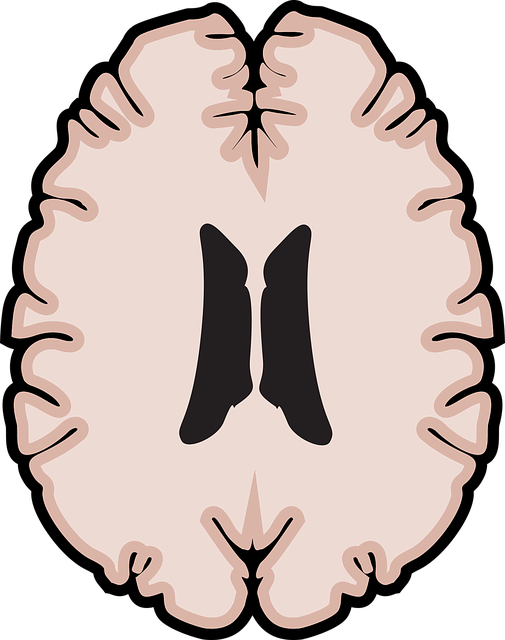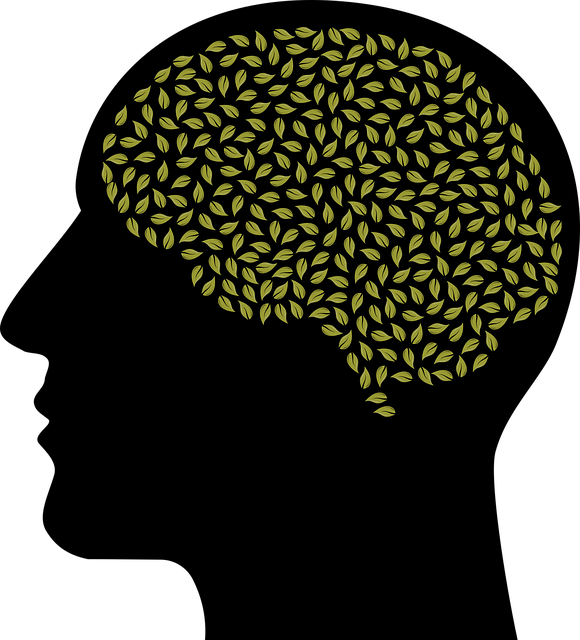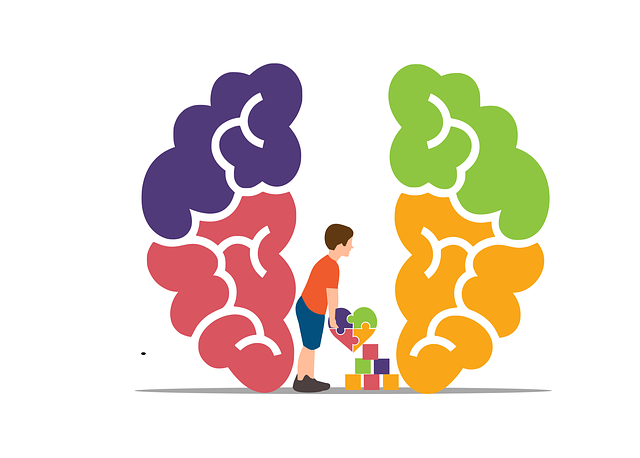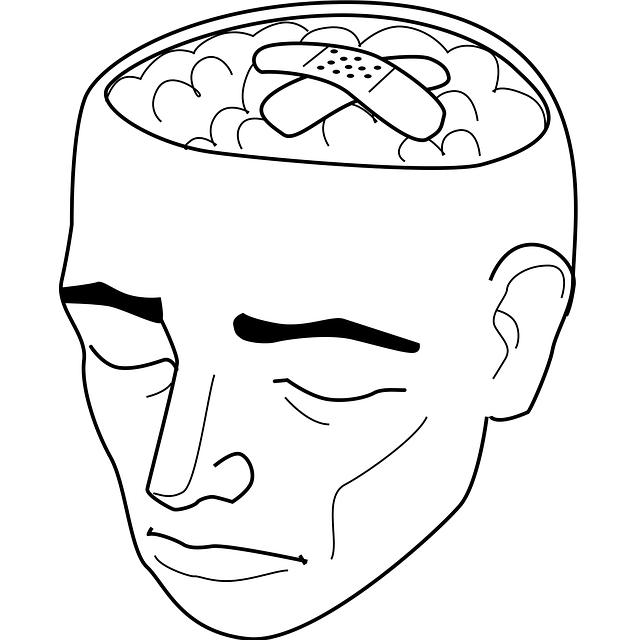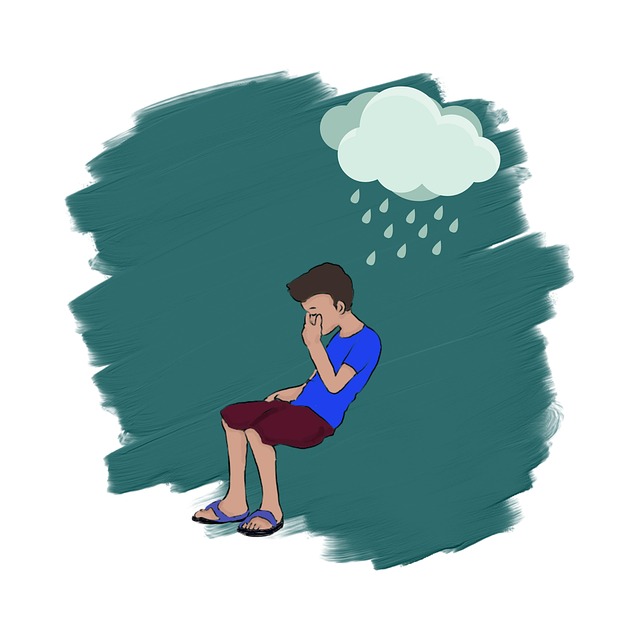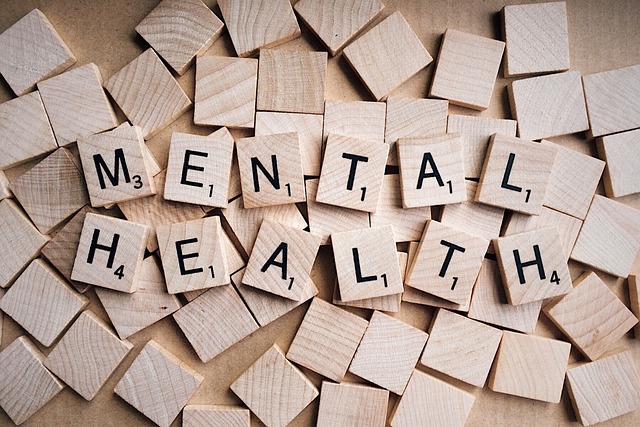Diagnosing and treating anxiety in young children presents unique challenges due to their developmental stage and varied symptom expressions. Early intervention through tailored therapies like mindfulness meditation is crucial, addressing symptoms while fostering resilience and overall mental wellness. Comprehensive mental health assessments using structured interviews, behavioral observations, and evidence-based screening tools are key to accurate diagnoses. Integrated crisis interventions support long-term recovery and self-esteem. Combining Cognitive Behavioral Therapy (CBT) with complementary approaches enhances treatment effectiveness. Family involvement in therapy through parenting skills training improves outcomes by addressing the home environment. Continuous education, public awareness campaigns, and robust risk management planning ensure better diagnosis and improved outcomes for young individuals struggling with anxiety.
Mental illness diagnosis accuracy is a critical area of focus, especially in children where early intervention can significantly alter outcomes. This article explores strategies aimed at enhancing the precision of mental health assessments for young ones. We delve into the challenges faced, highlighting the importance of early detection through advanced assessment techniques. Additionally, we examine evidence-based therapies for anxiety in young children, the integral role of family involvement, and the continuous education needed to support healthcare professionals in this domain.
- Understanding the Challenges of Mental Illness Diagnosis in Children
- The Role of Early Intervention and Assessment Strategies
- Evidence-Based Therapies for Anxiety in Young Children
- Integrating Family Involvement and Parenting Skills Training
- Continuous Education and Support for Healthcare Professionals
Understanding the Challenges of Mental Illness Diagnosis in Children

Diagnosing mental illness in children presents unique challenges. Unlike adults, young individuals may lack the vocabulary to articulate their feelings or exhibit symptoms differently. This complexity is exacerbated by the fact that childhood experiences and brain development can influence the presentation of mental health disorders. For instance, what appears as excessive anxiety in a child could be a normal response to a stressful situation or an early sign of an anxiety disorder. Accurately discerning these nuances requires skilled professionals who understand the subtleties of child development and behavior.
Early intervention is crucial for improving outcomes in children with mental health challenges. Therapy for young children with anxiety, for example, often involves mindfulness meditation techniques tailored to their age group. These evidence-based practices not only help manage symptoms but also foster resilience and promote overall mental wellness. Additionally, preventing burnout among both children and caregivers is essential, as it ensures sustained engagement in therapeutic processes. Incorporating strategies like mindfulness meditation into treatment plans can contribute to a holistic approach that addresses the physical, emotional, and cognitive aspects of mental illness in children.
The Role of Early Intervention and Assessment Strategies

Early intervention plays a pivotal role in improving the accuracy of mental illness diagnoses, especially for young children experiencing anxiety. By implementing robust assessment strategies, healthcare professionals can identify subtle signs and symptoms at an early stage, long before the disorder becomes severe. This proactive approach is crucial for effective treatment, as research shows that therapy for young children with anxiety can significantly reduce symptoms and enhance their overall well-being.
Assessment methods such as structured interviews, behavioral observations, and evidence-based screening tools enable mental health experts to accurately diagnose and differentiate between various types of anxiety disorders. These strategies not only focus on the child’s current symptoms but also consider their developmental stage, family dynamics, and past experiences, ensuring a comprehensive evaluation. Additionally, integrating crisis intervention guidance into assessment protocols can help manage acute situations and provide immediate anxiety relief while facilitating long-term recovery and self-esteem improvement.
Evidence-Based Therapies for Anxiety in Young Children

Anxiety disorders are among the most common mental health challenges faced by young children today. Fortunately, evidence-based therapies have emerged as powerful tools to address this issue effectively. One prominent approach is Cognitive Behavioral Therapy (CBT), which focuses on identifying and modifying negative thought patterns and behaviors associated with anxiety. CBT has shown remarkable success in helping young patients manage their symptoms by teaching them practical coping strategies and promoting healthier ways of thinking.
Complementary to CBT, Compassion Cultivation Practices, Social Skills Training, and Coping Skills Development offer holistic solutions. These therapeutic techniques foster empathy and understanding, enhance social interactions, and equip children with essential tools to navigate challenging situations. By combining evidence-based treatments tailored to the unique needs of young individuals, mental health professionals can significantly improve diagnosis accuracy and enhance the overall well-being of anxious children.
Integrating Family Involvement and Parenting Skills Training

Integrating family involvement into mental health care for young children with anxiety disorders has proven to be a valuable strategy. By including parents in therapy sessions and providing them with essential parenting skills training, professionals can enhance the overall effectiveness of treatment. This collaborative approach recognizes that a child’s mental well-being is deeply connected to their home environment.
Through structured programs, parents learn self-care practices to manage their own stress, which creates a calmer atmosphere at home. Additionally, they gain tools to support their child’s inner strength development and implement positive coping strategies. This not only improves family dynamics but also facilitates better risk assessment for mental health professionals, enabling them to tailor interventions more precisely to each child’s needs.
Continuous Education and Support for Healthcare Professionals

Mental illness diagnosis accuracy has long been a point of concern within the healthcare community. To address this issue, continuous education and support initiatives are essential. Healthcare professionals must stay updated with the latest research, treatment modalities, and diagnostic tools to ensure precise evaluations. Regular workshops, webinars, and peer-to-peer learning sessions can enhance knowledge and skills in recognizing subtle symptoms, especially in young children presenting with anxiety disorders. This ongoing training is crucial for building resilience among mental health professionals, enabling them to navigate complex cases effectively.
Furthermore, public awareness campaigns play a significant role in early detection and intervention. By educating parents, caregivers, and the broader community about mental health issues, these campaigns foster open conversations and reduce the stigma associated with seeking therapy for young children experiencing anxiety. In conjunction with robust risk management planning, which considers ethical guidelines and patient safety protocols, healthcare professionals can provide more accurate diagnoses and tailored therapies, ultimately improving outcomes for those suffering from mental illnesses.
Mental illness diagnosis in children presents unique challenges, but through early intervention, advanced assessment strategies, evidence-based therapies like those targeting young children’s anxiety, and continuous education for healthcare professionals, we can significantly improve accuracy. Integrating family involvement and parenting skills training further enhances these efforts. By adopting these measures, we not only ensure more accurate diagnoses but also foster better outcomes for young minds struggling with mental health issues.

